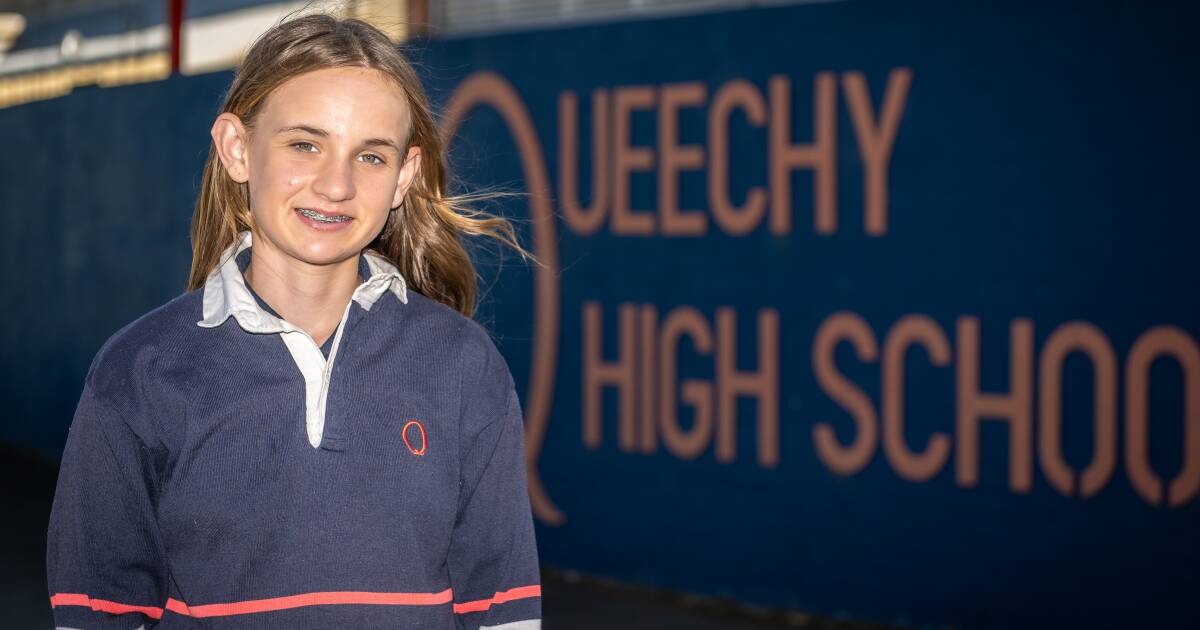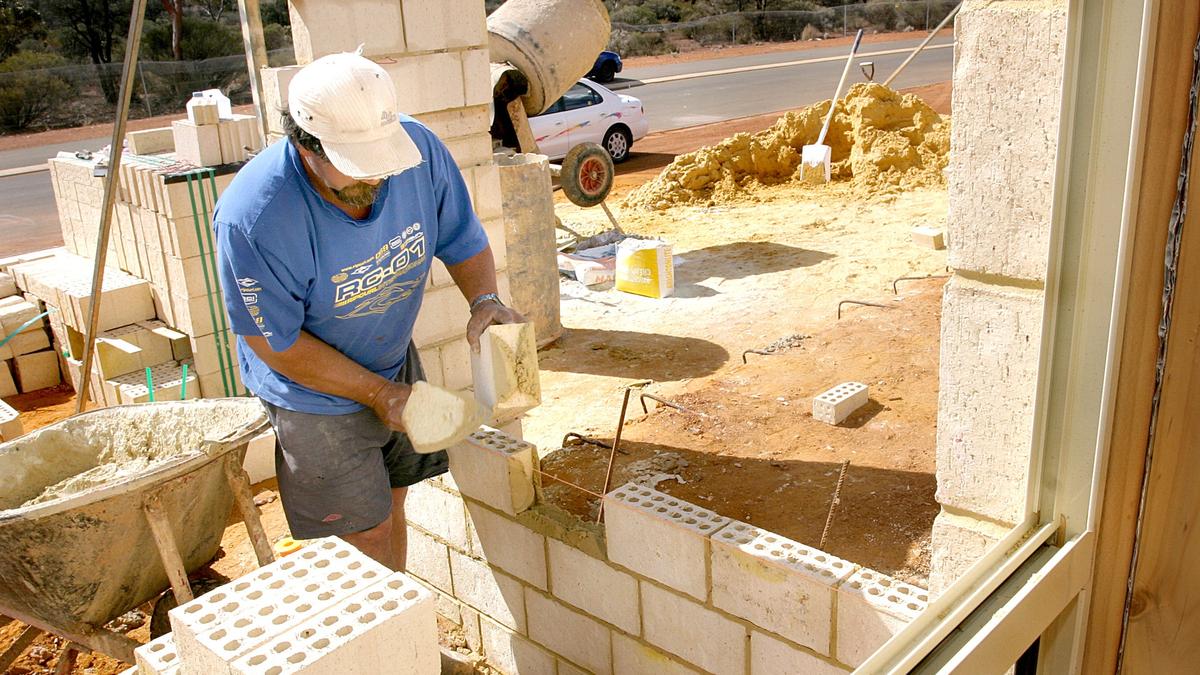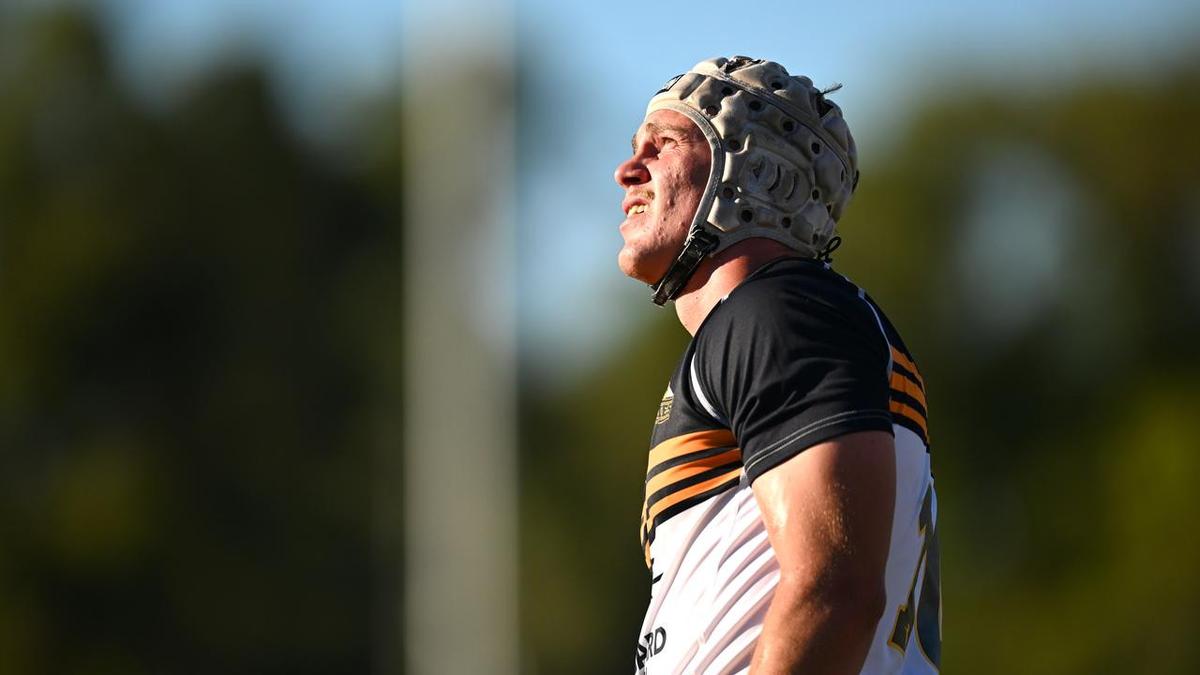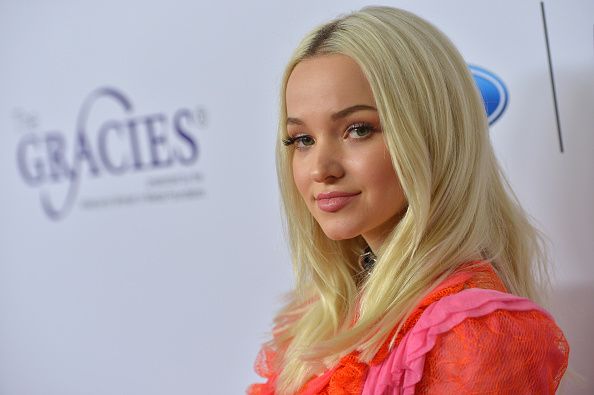
UPDATE: Australia is poised to implement a groundbreaking social media age ban, raising the minimum age for children to create accounts from 13 to 16. This historic legislation, announced by Prime Minister Anthony Albanese on November 7, 2023, will officially take effect on December 10, 2023, amid urgent advocacy from parents grieving lost children.
The decision comes as part of a campaign led by 36 Months, an organization formed by parents who have lost children to mental health issues. These parents met with Albanese, bringing their children’s ashes to Canberra, pushing for change. “This one is for the mums and dads,” Albanese stated during the announcement, emphasizing the emotional weight behind the decision.
The new law imposes significant penalties, including fines of $49.5 million for tech platforms failing to enforce the age restriction. This bold move positions Australia as the first country in the world to implement such a ban, drawing international attention and scrutiny from major tech companies.
The immediate impact of this legislation is profound, as nearly 1.5 million accounts on platforms like Facebook, Instagram, and TikTok will likely be deactivated. Parents and advocates hope this will lead to a decrease in mental health issues among teenagers, a concern that has surged in recent years.
Next Steps: As the deadline approaches, questions remain regarding the reactions of social media companies and the effectiveness of age verification technologies. Anika Wells, the new Communications Minister, is tasked with overseeing the implementation, highlighting the urgency of the situation: “This is a sprint because I have come in with eight months until a deadline.”
The campaign gained momentum quickly, with just 178 days passing from the launch of an online petition to the Prime Minister’s announcement. Driven by the heartbreaking stories of parents like Kelly O’Brien and Robb Evans, whose children, Charlotte and Liv, tragically lost their lives, the movement captured the nation’s attention.
Critics argue the legislation may face challenges from tech giants, with YouTube already threatening legal action. The law aligns with a growing global dialogue about the safety of children on social media, as countries observe Australia’s approach with keen interest.
The implications of this ban could extend far beyond Australian borders, urging other nations to consider similar measures. As the world watches, the fate of millions of young Australians hangs in the balance, raising critical questions about the future of social media and its influence on youth.
The upcoming weeks will be pivotal as the government finalizes implementation details and prepares to address potential backlash from tech companies. Advocates remain hopeful that this legislative change will foster a safer online environment for children, while also aiming to spark a global movement toward age restrictions in social media use.
With the United Nations General Assembly approaching, Albanese and Wells will showcase Australia’s reforms on an international stage, further solidifying the country’s commitment to protecting its youth online. “We are seeking a meaningful difference,” Wells stated, as the government prepares to navigate the complexities of this unprecedented law.
As December 10 draws near, the eyes of the world are on Australia, evaluating the potential outcomes of a decision that could redefine social media access for generations to come.






